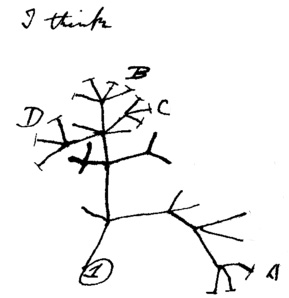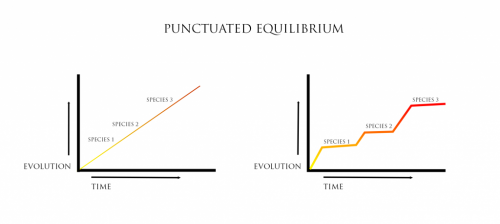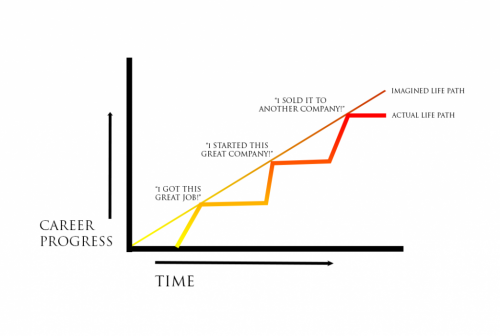Wait, what? Peter Jackson is actually making a movie of Mortal Engines, the novel about giant predatory cities roaming a post-apocalyptic landscape?
Ambitious. Let’s hope he doesn’t plan to turn the first novel into a sprawling nine-movie series with buckets of extra ideas poured in. I don’t know if he can make a lean, exciting story any more.






